Weekly Reader: Yiddish Women Writers
One of the great things about reading and researching Yiddish literature is the constant feeling of discovery. No matter how familiar you may be with the Yiddish canon, there’s always a writer out there who is underappreciated, untranslated, and probably unread. This is a tragedy, of course—the obscurity of these writers is largely due to the loss of a large Yiddish-reading audience in the twentieth century. But for twenty-first century readers, the opportunities to make new finds are ongoing. If this is true with respect to Yiddish writers generally, it is especially true for women writers, who were often overlooked even when there was a large readership for them. On July 18, professor Anita Norich will be in conversation with the Yiddish Book Center’s Lisa Newman to talk about exactly this: “Great Yiddish Women Writers (You Never Heard About).” You can register for the online program, which is co-sponsored by Moment Magazine, here. In the meantime, you can learn about a few of those writers below.
—Ezra Glinter, Senior Staff Writer and Editor
The Great Yiddish Novel
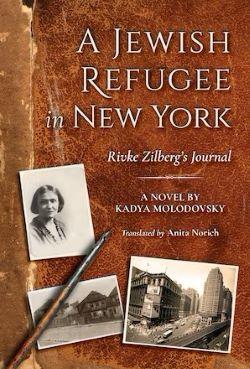
Yiddish women writers, when they were recognized, were often thought to be better poets than novelists. That assumption has repeatedly turned out to be untrue. This is the case with Kadya Molodowsky, who was often celebrated as a poet and short story writer, but whose novels were virtually unknown. Their rediscovery is largely thanks to Anita Norich, who recently translated one of those novels, Fun lublin biz nyu york (From Lublin to New York). In this piece for Pakn Treger, Norich discusses what it was like to rediscover Molodowsky as a novelist.
The Forgotten Singer
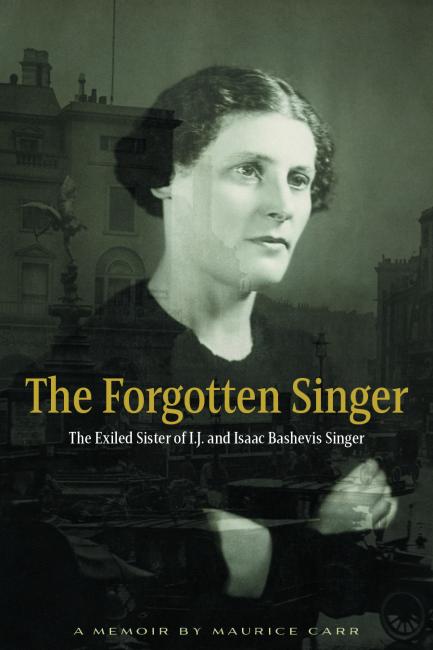
Despite being the older sister, and literary predecessor, of two of the most famous Yiddish writers of the twentieth century, Esther Kreitman has remained relatively obscure. While her brothers Israel Joshua and Isaac Bashevis Singer won prizes and renown, she lived apart from the rest of the family, suffered through an unhappy marriage, struggled to earn a living, and quietly turned out a small collection of novels and short stories that are only beginning to get recognition. To get a picture of Kreitman’s life and struggles you can read The Forgotten Singer, a memoir by her son, the writer and journalist Maurice Carr, which will be published by the Center’s White Goat Press on July 18. You can also watch this oral history with Kreitman’s granddaughter, actress and artist Hazel Carr, which was conducted in 2020.
Buy a copy of The Forgotten Singer
In the Mix
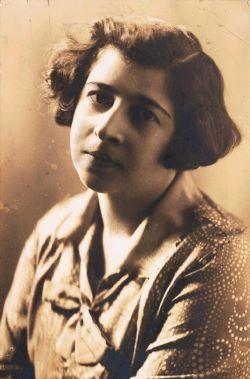
Yiddish women writers may have been unfairly marginalized, but it wasn’t because they weren’t around. Many women played key roles in Yiddish literary communities around the world—indeed, without their efforts and activism, the most renowned literary groups and scenes would have been severely impoverished. This participation is reflected in our Frances Brandt Online Yiddish Audio Library, a collection of recordings from Montreal’s Jewish Public Library, which regularly featured women as hosts and speakers. Here is just one example: an evening honoring the poet Rokhl Korn, all the way back from 1956.
A Cornucopia of Translations
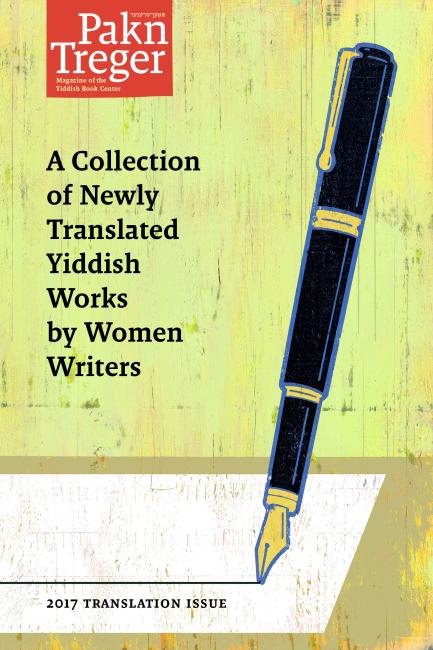
The rediscovery of Yiddish women writers is ongoing. Fortunately, it has been ongoing for a few years already. Back in 2017, our Pakn Treger Translation Issue was dedicated to those writers, and it included pieces by Soreh Ayzn, Rosa Nevadovska, Bertha Kling, Malka Locker, Rokhl Auerbach, Rokhl Korn, and Yente Mash, among others. Even if you read these pieces when they first came out, like all great literature, they’re worth revisiting.
Making It Personal
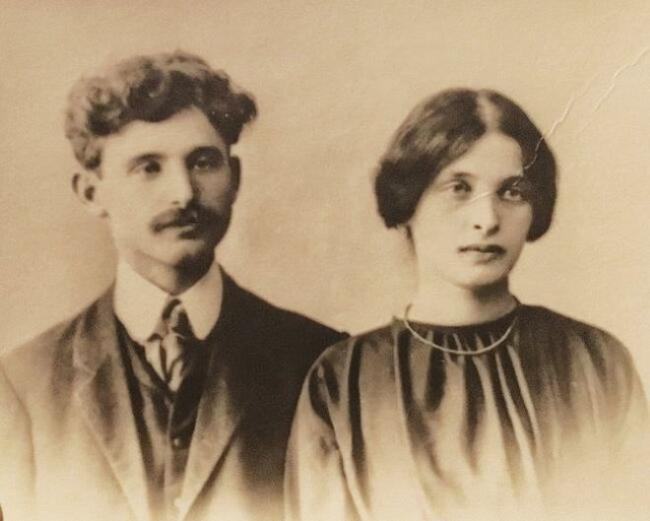
2017 wasn’t the last time Pakn Treger turned its focus to women writers. This 2019 issue specifically features women’s memoirs, with excerpts from Klara Klebanova, Chava Rosenfarb, and Rokhl Faygnberg. In order to give proper credit where it’s due, each translation is accompanied by a profile of the translator.
At the Barricades
Irena Klepfisz, a poet, writer, and scholar, has long been a champion of women’s writing in Yiddish and has played a key role in bringing attention to it. In this 2017 oral history interview, she describes the complexities and methodologies of her search for Yiddish women writers, including the multiple levels of erasure across history and the influence of the Holocaust on accessibility to their works. She ends by focusing on preparations she was making for the 120th anniversary of the Bund.
